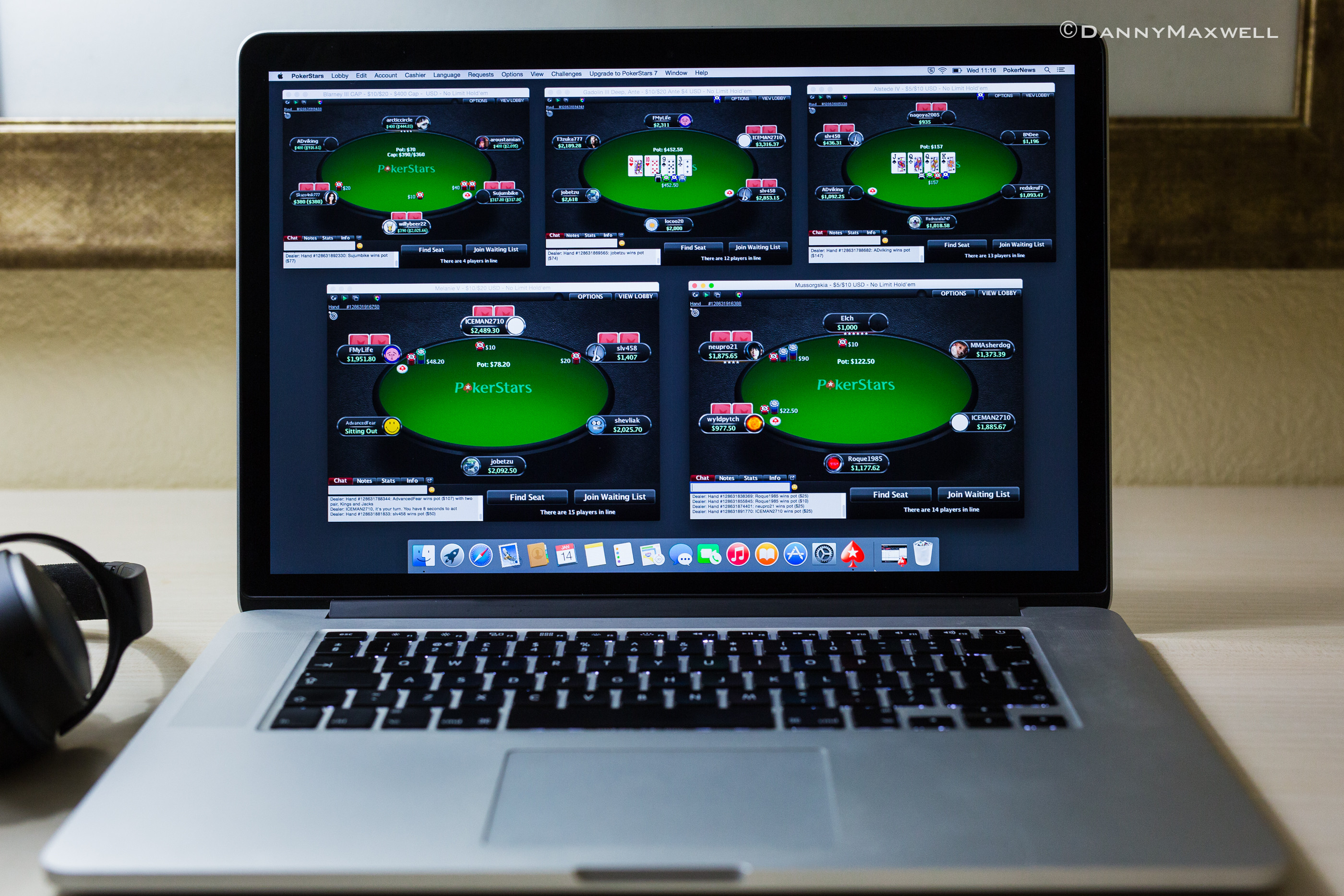Blackjack Rules No Betting
One of the best rules in blackjack is the 3 to 2 payout when you get an ace and a ten on your initial hand. This is called a “natural” or a “blackjack”. But you’ll find more casinos than everoffering games where the payout for this hand is only 6 to 5.
Here’s how that works:
Free Bet Blackjack is a standard house-banked blackjack game but with optional wagers called Pot of Gold, Push 22 and Blazing 7’s Progressive. All rules pertaining to standard blackjack as posted on the WSGC’s website remain the same except as noted in the Rules of Play. Basic Blackjack rules. Blackjack can be played using one or more decks of standard playing cards. Players should not be concerned with the suit of the cards, as the card suit does not mean anything. Card value or rank is more important. Blackjack is mainly about the number 21. Blackjack side bets do not involve any skill and you are simply betting on the luck of the draw. What’s more, the returns do not reflect the odds of each bet coming in, which gives the house a. So, put simply, you’re betting on whether or not the dealer has a blackjack. If you win, you get paid 2 to 1. As a basic strategy player you should always say no to insurance and even money. Only a card counter is skilled enough to play this side bet. In a normal blackjack game, you bet $100. You get a natural. Your payout is $150. In a 6/5 blackjack, you bet $100. You get a natural. Your payout is only $120. Casinos offer other rule changes that favor the player in exchange for the reduced payout, but these rules are never good enough to account for that lower payoff on a natural.
In a normal blackjack game, you bet $100. You get a natural. Your payout is $150.
In a 6/5 blackjack, you bet $100. You get a natural. Your payout is only $120.
Blackjack Rules No Betting Odds
Casinos offer other rule changes that favor the player in exchange for the reduced payout, but these rules are never good enough to account for that lower payoff on a natural.
Here are some examples of those favorable rules:
- Single deck game
- Dealer stands on soft 17
- Player can double after splitting
- Player can double on any 2 cards
These rule changes do have an effect on the house edge. A single deck game has a house edge 0.61% better than a single deck game. The dealer standing on soft 17 instead of hitting has a houseedge of 0.2% better. Being able to double after splitting is good for almost 0.15%. Being able to double on any two cards is worth about 0.2%, too.

In fact, if you combine all the rules variations I listed, you’ll get a net gain of 1.2%, which is significant.
Here’s the problem, though:
6/5 blackjack gives the house an extra 1.35% edge.
And most casinos don’t give you ALL the good rules. They just give you enough good rules to convince you to try their 6/5 game.
Don’t do it. Even if you’re an excellent card counter, overcoming that extra 1.35% is tough.

Want to know how much that would actually cost you?
Assume an average 3/2 blackjack game offers the house an edge 1%. The 6/5 version has a house edge of 2.35%, instead.
Blackjack Rules No Betting Against
Assume 60 hands per hour at $10 per hand. That’s $600 in action per hour.
You’ll lose, on average, $6 per hour playing the standard game.
But if you play 6/5 instead, you’ll lose an average of $14.10 per hour.
Just say no to 6/5 blackjack. If enough players refuse to play, the casinos might stop offering it.